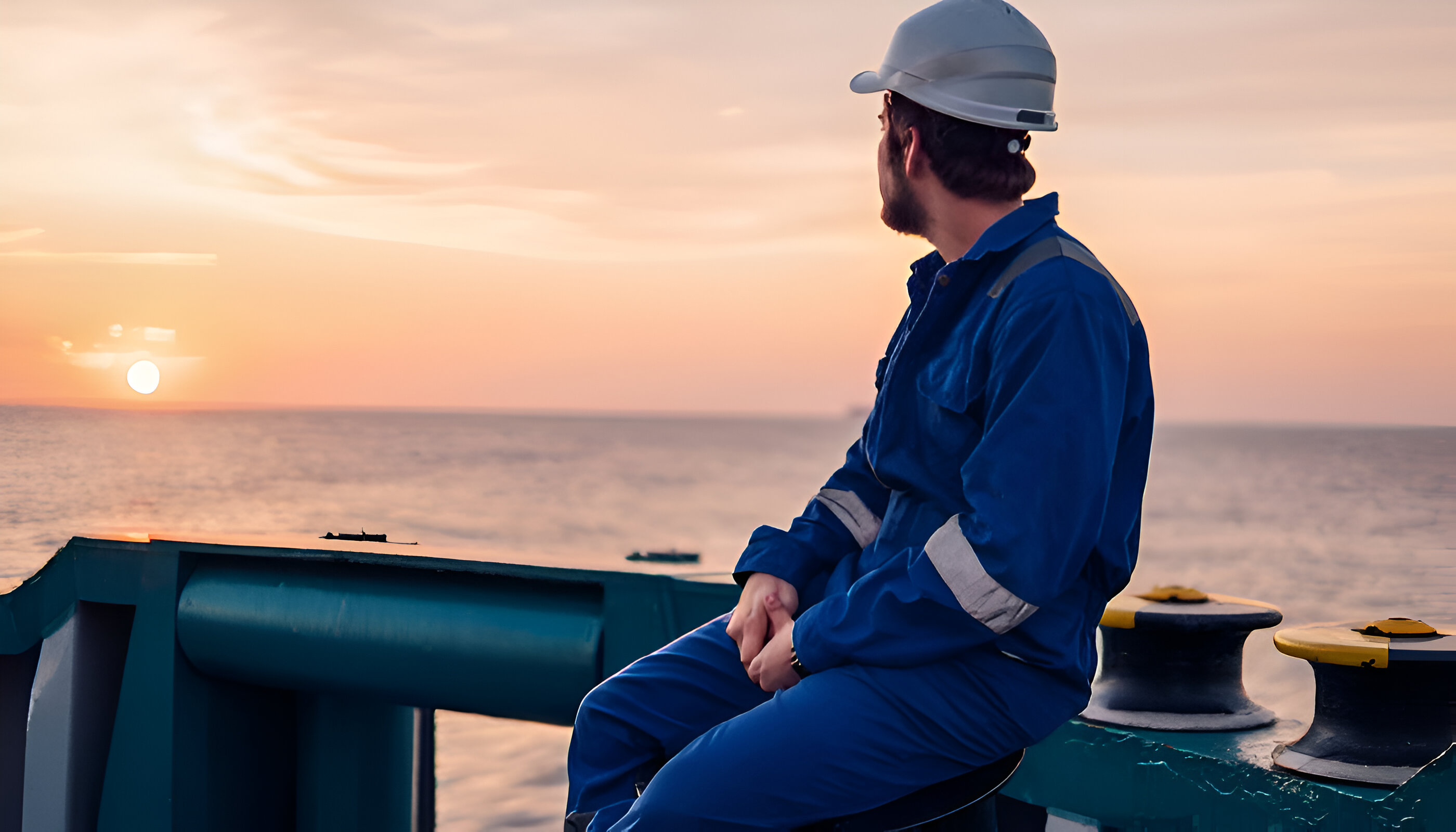COVID-19 Alert: Brazil Extends Ground & Maritime Entry Ban Through Sept. 24
September 2, 2020 Maritime Safety News
Severity: Critical Alert
Exit/Entry: Officials in Brazil extend ground and maritime entry ban through at least Sept. 24, due to coronavirus disease. Restrictions remain.
Alert Begins 28 Aug 2020 01:21 PM UTC
Alert Expires 14 Sep 2020 11:59 PM UTC
- Incident: COVID-19 restrictions
- Location(s): Nationwide (map)
- Time Frame: Indefinite
- Impact: Transport, travel, and business disruptions
Summary
As part of ongoing efforts to curb the spread of coronavirus disease (COVID-19), officials in Brazil have extended the travel ban prohibiting most nonresident foreign nationals from entering the country by land or water through at least Sept. 24. The ground and maritime borders will remain closed until further notice. Brazilian citizens, permanent residents, and foreign residents working for international organizations or foreign governments, as well as close family members of Brazilian citizens and residents, or people working for trade or humanitarian purposes are exempt from the ban.
International flights have resumed. Foreign citizens are allowed to enter Brazil by air, except for the Goias, Mato Grosso do Sul, Roraima, Rondonia, Rio Grande do Sul, and Tocantins states. Before traveling to Brazil, visitors will have to prove they have health insurance, and their visits must not be longer than 90 days.
Domestically, authorities in most states have imposed additional, varying movement and business restrictions. Some of the restrictions in the largest states are:
- Sao Paulo: Authorities have extended orders for residents to remain at home until at least Sept. 6, and continue to implement a five-tier recovery plan. The city of Sao Paulo and surrounding areas remain on Phase 3 of the plan, under which retail stores, restaurants, personal care, and other businesses may open at 40-percent capacity. No region in the state is on Phase 4 or Phase 5, the least restrictive phases.
- Rio de Janeiro: Authorities have eased multiple business restrictions, allowing restaurants, bars, gyms, cinemas, tourist sites, and personal care businesses to operate at 50-percent capacity. Residents must wear protective facemasks in public settings. In the Metropolitan Area of Rio de Janeiro, sport and cultural events outdoors are also allowed.
- Minas Gerais: Officials are implementing a four-tiered system to reopen the economy, dividing the state into several regions. No region is on Phase 4, the least restrictive. Belo Horizonte and its surrounding areas will ease business restrictions starting Aug. 31. Starting Sept. 4, bars and restaurants will be allowed to open without restrictions on closing times, as well as on weekends in Belo Horizonte and surrounding areas.
- Bahia: Authorities have suspended inter-municipal transport between various municipalities. Public events remain canceled statewide. The most-affected municipalities have a nightly curfew in place. As of Aug. 28, eased business restrictions in Eunapolis allow restaurants and bars to operate at 40-percent capacity. Residents must wear protective facemasks in public settings.
State and municipal officials could continue to tighten, reapply, or deescalate their local restrictive measures over the coming weeks, depending on local disease activity and government preparedness to respond to the disease. All restrictions are subject to amendment at short notice.
Background and Analysis
The measures taken by Brazilian authorities are similar to actions taken by other governments globally in response to the spread of COVID-19. COVID-19 is a viral respiratory disease caused by infection with the SARS-CoV-2 virus (previously known as 2019-nCoV). Symptoms occur 1-14 days following exposure (average of 3-7 days). These symptoms include fever, fatigue, cough, difficulty breathing, sometimes worsening to pneumonia and kidney failure – especially in those with underlying medical conditions.
Advice
Strictly heed the instructions of authorities. Abide by local health and safety measures. Confirm appointments and travel arrangements.
Emphasize basic health precautions, especially frequent handwashing with soap and water, or an alcohol-based hand sanitizer if soap and water are unavailable. Practice good coughing/sneezing etiquette (i.e., covering coughs and sneezes with a disposable tissue, maintaining distance from others, and washing hands). There is no evidence that the influenza vaccine, antibiotics, or antiviral medications will prevent this disease, highlighting the importance of diligent basic health precautions.
Source: worldaware





